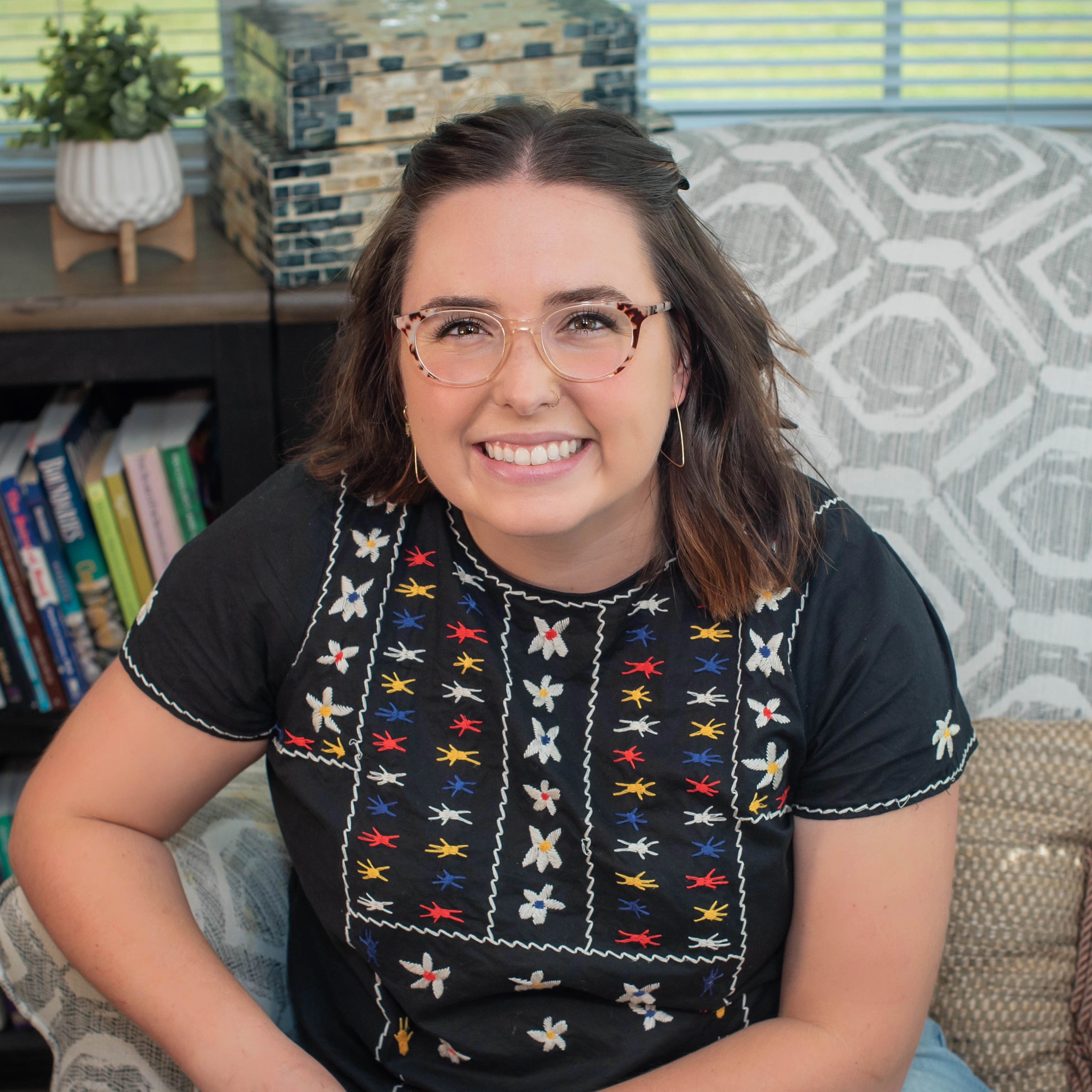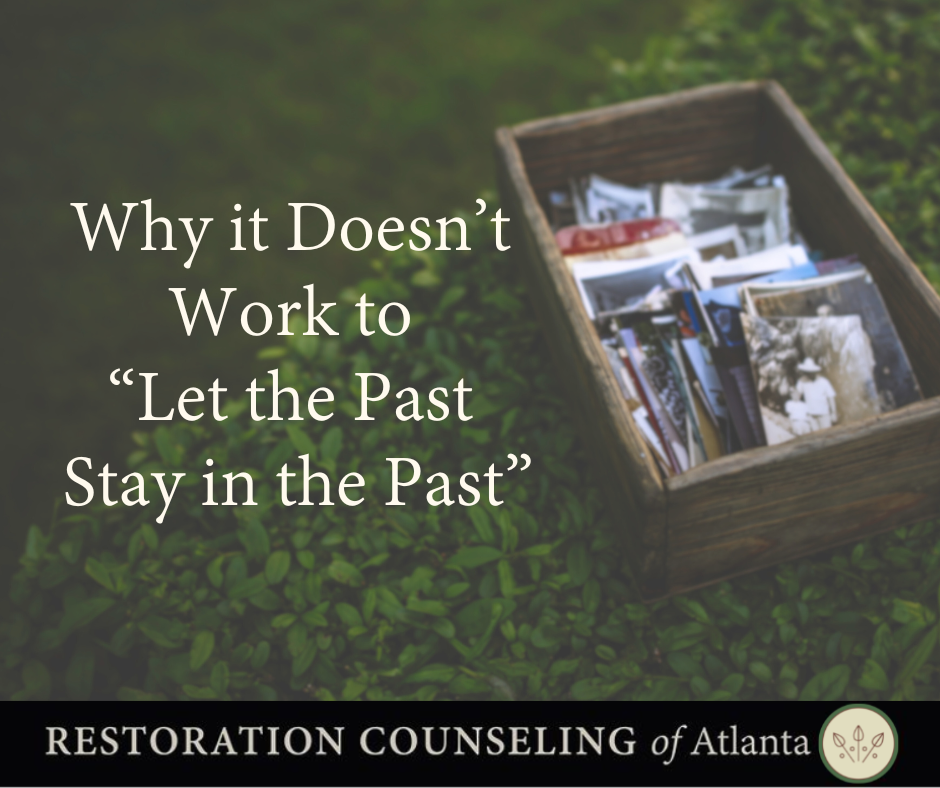Once a moment happens, then it’s over, right? We move on with life and leave the moment in the past. That’s how it works for most life events, anyway. For instance, we quickly forget what we had for breakfast. Or we get frustrated with someone but then get over it. Examples like these lead us to believe that we are a blank slate for each new experience life throws at us. Life is a series of disconnected moments, and we enter each one as a stand-alone instant.
As I write this, Halloween just happened, so I’ve got candy on the brain. To use a candy metaphor to illustrate the above way of thinking about life, it’s like our lives are bags of M&Ms, with each M&M representing a memory. They touch each other, and they coexist, but they are separate entities, right? Well, kind of.
Anyone who has enjoyed a bag of M&Ms knows that is over-simplified: eating M&Ms is messy! They get their colors on our skin. We can still taste the previous one in our mouths as we reach for the next. Heaven forbid you left them in the car, and they all melted together! They are delicious but leave stickiness in their wake.
Our memories are like the messiness of eating M&Ms. The previous experience leaves a residue on us that impacts the next experience. A stressful day at work leaves us with a shorter fuse when we get home. Going to see family for the holidays is harrowing due to past holidays. I could give countless examples of how we as humans can’t let the past stay in the past.
Plus, our brains aren’t made to let the past stay in the past. Our future reactions are informed by past experiences. If our ancestors hadn’t learned from their mistakes, our species wouldn’t have survived. We are made to live and learn and implement those lessons.
When we want to “let the past stay in the past,” there are a few other phrases I often hear tossed around by my clients. Let’s clear up these misconceptions:
“That was so long ago.”
How long ago something happened doesn’t matter. For example, we might get defensive when our boss asks us to explain our decision because we had previously had someone question our abilities and needed to defend ourselves. Our brains store the memory, and if a future experience feels similar to the memory, our brains tell us to react similarly.
“I barely remember it.”
Most of us don’t remember learning to walk or talk. And yet, by the time we are a few years old, we have almost mastered at least one language and are walking and running without trouble. Though we may not remember learning those skills, the evidence shows that those years of development have a significant impact on our lives. The same is true for countless other experiences we struggle to remember.
“It’s not as bad as ___.”
It is easy to fall into the trap of comparing experiences. Sometimes, comparison can help us feel better about something hard we endured. We can feel thankful we made it out without more cuts and bruises! But often, comparison makes us realize “it could be so much worse,” which causes us to beat ourselves up. And yet, if we compare our story to others, it hinders us from processing the unique story God gave us. We miss out on valuable lessons when we become caught up in ranking each other’s difficulties.
“I should be over it.”
“Should” is a common word that blocks our thoughts! If we are trying to get over a memory, the only way is to go through it. We have to process it, learn from it, and integrate it into who we are. That way, it can inform how we move forward. The mere fact that something happened in the past and is over does not mean it didn’t leave that residue we talked about earlier with the M&Ms.
There are ways to truly get over the past and let it stay there! If you have found yourself saying any of these statements, I get it. I’d love to hear more of your story! Reach out to me at hannah@restorationcounselingatl.com.

![]() Written by Hannah Clark, MA, APC
Written by Hannah Clark, MA, APC
hannah@restorationcounselingatl.com, ext. 122
Roswell and Woodstock locations
Hannah’s philosophy is that counseling is for everyone. Just like we take our cars to get the oil changed, mental health works the same way: the check engine light comes on, and we need to take a look under the hood. Hannah enjoys counseling individuals age 18 and up. She utilizes EMDR therapy to help with trauma and PTSD. She also sees individuals for issues such as grief, depression, anxiety, boundaries, life transitions, and spiritual or emotional abuse. Hannah previously worked for a college ministry and enjoys helping college students and women in (or formerly in) ministry.

